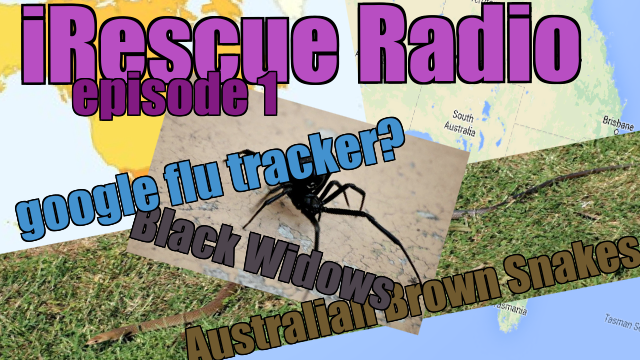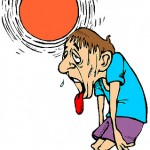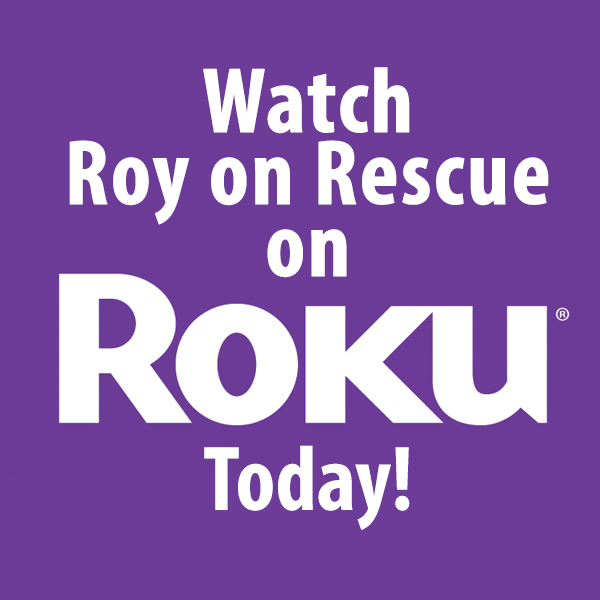In this 3rd and final video on the series “Emergencies When You’re Alone” we cover what to do if you are severely cut and are all alone. If you’ve ever wondered the best action to take to survive, you will want to watch this video.
Tag Archives: survival
Does Eating Snow Cause Hypothermia?
A Rescue Fan wrote in and basically said, “Hey! Bad advice! Everyone knows that eating snow when stranded in the wilderness is a bad idea. It can make a person hypothermic!”
As I thought about their comment, I began to do some research and then some deeper thought on the subject.
I instantly began to wonder if the commenter had a point. Is it better to slow down the hypothermia that may be already causing symptoms or die from dehydration?
Remember, hypothermia usually sets in as quick as 3 hours or less in certain cases while life threatening dehydration can take up to 3 days. So, if you’re surviving the elements long enough to dehydrate, you’re probably staying somewhat warm. If so, then consuming snow or melted snow and getting hypothermic as a result is probably the last of your concerns when thinking about staying alive. For if you survive the elements, dehydration and death will be knocking in about 2-3 days.
http://www.livescience.com/32320-how-long-can-a-person-survive-without-water.html
Can Deadly Spiders Live In Store Boxes? Can Computers Track The Flu? Find Out Now!
This episode was originally recorded in 2008. It was our first broadcast of 45 total before we ended the show.
On this week’s iRescueRadio, we cover stories ranging from a Canberra, Australian man who gets bit by an extremely deadly Australian Brown Snake… and lives! Next, a boy in Belding, Michigan is bit by a black widow spider…guess where it came from! And then, we cover Google Flu Trends and a hilarious look at the effects of music on your health. All this on this episode of iRescueRadio. Listen now by clicking on the play arrow below.
I Administered CPR To My Neighbor, But It Didn’t Work!
I received an email from a true rescuer who attempted to revive their neighbor by administering CPR. The neighbor did not survive  and now the rescuer is feeling as though the may not have done enough to help. This is a very normal feeling for many rescuers. I’d like to share my thoughts and I hope it helps bring closure, confidence and peace.
and now the rescuer is feeling as though the may not have done enough to help. This is a very normal feeling for many rescuers. I’d like to share my thoughts and I hope it helps bring closure, confidence and peace.
Much Peace,
THE FOLLOWING IS MY RESPONSE:
You acted bravely and selflessly. That is not the norm in our culture. You are the exception and I say well done! Please, be at peace knowing that the most experienced and effective rescuers don’t always achieve the outcome that others wish would happen. True rescuers try their best to make a possibility for a tomorrow, regardless of the outcome and make the world a more loving place and show the world compassion by doing so.
-Roy
A Response To A Rescuer Who’s Attempts To Revive Her Father Were Unsuccessful
Dear Rescue Fans,
I received yet another loving email from a person who’s father died in the front of their automobile while they were driving them to the hospital. Due to things outside her control, she was unable to move her dad to the ground so she improvised and did CPR while he was reclined in t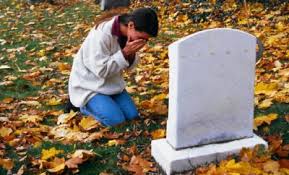 he car the best she could. She has struggled for some time with this and found some relief from my episode on “Did I Do CPR Wrong?”.
he car the best she could. She has struggled for some time with this and found some relief from my episode on “Did I Do CPR Wrong?”.
I just replied back to her and I have to believe there may be others who have tried to save a life with CPR and felt it was not successful. So I’m going to include my reply to her in this blog entry and for those of you who are suffering, I hope it helps.
This person said in her last paragraph of her email: “I have struggled with this in so many ways, yet feel comfort in being with him when he left. I have struggled to find any material that related to my experience. I have felt isolated in not being able to share how I lost my dad, This story, the words you have written, have helped me process and understand my own experience. Thank you.”
This was my response:
Dear __________,
I’m so very sorry for the loss of your Father. I’m sure this must have been most traumatic for both you and your mother. I want to re-ensure you that what you did for your dad that day, was the most brave and loving gift you could have given both your dad and your mum. Every thing you did sounds perfect in order to give your dad the best chance of survival possible under the circumstances. The fact that he did not survive the event does not have anything to do with your efforts. Remember, CPR is only a time buyer in case the person is going to respond to medications and advanced medicine. It’s not a guarantee. The fact that you had the courage to try and the compassion to help is amazing. Please let your mother know that her reaction to the situation is also very normal. She lost the love of her life. Her soul mate and her husband. It’s a nightmare that is happening for real, right before her eyes and it’s not wrong for her to be so overwhelmed with grief and fear that she could not help. That’s why paramedics are not called to their own homes for emergencies. It’s too emotional. So please, let your mother know that she is not at fault for her reactions either.
I hope and pray that you will receive peace during this time of healing. But please know that everyone has a day to die and it’s never easy to experience it. CPR just keeps the window of opportunity to survive open a little longer. You gave that to your dad. As a father myself, I can only imagine how I’d feel to know that my daughter loved me so much that she would give me CPR while waiting for the ambulance to arrive. What love.
Be at Peace,
-Roy
P.S. I’ve included the video that explains this message in detail. I recorded it so long ago, it’s hard to find so I’m going to bring it back to the top. Share it with anyone you may know who may benefit from it.
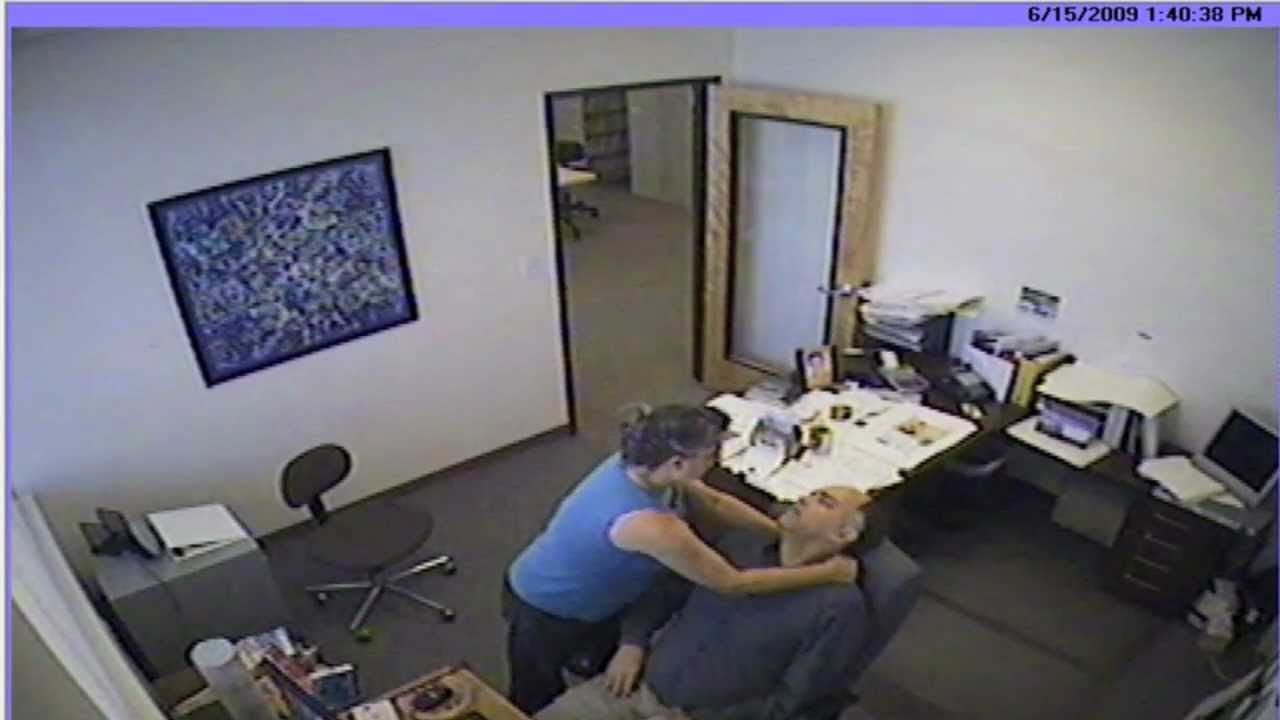
Watch A Real Cardiac Arrest and Survival! Plus Patient Interview Post Resuscitation.
I wanted to share this video with you. We know sudden cardiac arrest happens almost every 2 minutes to someone in the U.S. but we rarely get a chance to watch a real cardiac arrest occur, see the rescue caught on a security camera and then hear the patient talk about his experience so that everyone can learn from it. If you or someone you know does not know how to provide CPR, please go to www.profirstaid.com and watch the free CPR training by clicking on the training video tab. Or simply click here after you watch the video below.

Heat Wave!
In this RoyOnRescue Video blog, Roy takes a look at the record breaking heat that most of the Country has been experiencing and gives a few tips on recognition and treatment of heat related emergencies like; heat exhaustion, heat stroke, dehydration, electrolyte problems etc. So learn what to do, and how to survive the severe summer heat. Don’t miss this episode of RoyOnRescue!
P.S. Below, I’ve included some really clear signs and symptoms of heat related injuries, compliments of WebMD. Click on the WebMD link for more information.
What Are the Symptoms of Heat-Related Illnesses?
Heat cramp symptoms include:
- Severe, sometimes disabling, cramps that typically begin suddenly in the hands, calves, or feet
- Hard, tense muscles
Heat exhaustion symptoms include:
Recommended Related to First Aid
- Fatigue
- Nausea
- Headaches
- Excessive thirst
- Muscle aches and cramps
- Weakness
- Confusion or anxiety
- Drenching sweats, often accompanied by cold, clammy skin.
- Slowed or weakened heartbeat.
- Dizziness
- Fainting
- Agitation
Heat exhaustion requires immediate attention but is not usually life-threatening.
Heat stroke symptoms include:
- Nausea and vomiting
- Headache
- Dizziness or vertigo
- Fatigue
- Hot, flushed, dry skin
- Rapid heart rate
- Decreased sweating
- Shortness of breath
- Decreased urination
- Blood in urine or stool
- Increased body temperature (104 to 106 degrees)
- Confusion, delirium, or loss of consciousness
- Convulsions
Heat stroke can occur suddenly, without any symptoms of heat exhaustion. If a person is experiencing symptoms of heat exhaustion or heat stroke, GET MEDICAL CARE IMMEDIATELY. Any delay could be fatal. Seek emergency medical care for anyone who has been in the heat and who has the following symptoms:
- Confusion, anxiety, or loss of consciousness
- Very rapid or dramatically slowed heartbeat
- Rapid rise in body temperature that reaches 104 to 106 degrees Fahrenheit
- Either drenching sweats accompanied by cold, clammy skin (which may indicate heat exhaustion); or a marked decrease in sweating accompanied by hot, flushed, dry skin (which may indicate heat stroke)
- Convulsions
- Any other heat-related symptom that is not alleviated by moving to a shady or air-conditioned area and administering fluids and salts
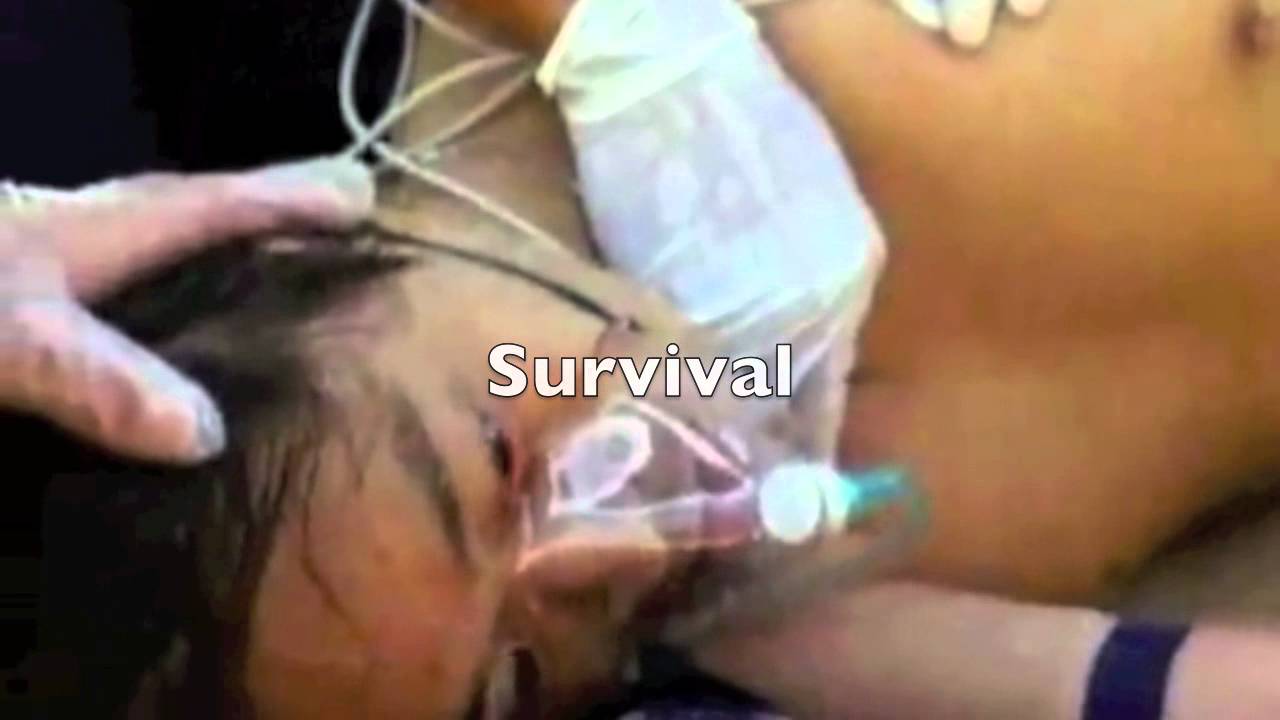
Tribute To Rescue And Survival
In this episode, I wanted to take a moment to focus on the success of rescue attempts. Though it’s no guarantee that anyone will survive no matter how hard we try to save their lives, from time to time…they do.
And this is a video that celebrates survival. Don’t forget to celebrate the caring enough to try, no matter what the outcome too.
Cheers,
Roy
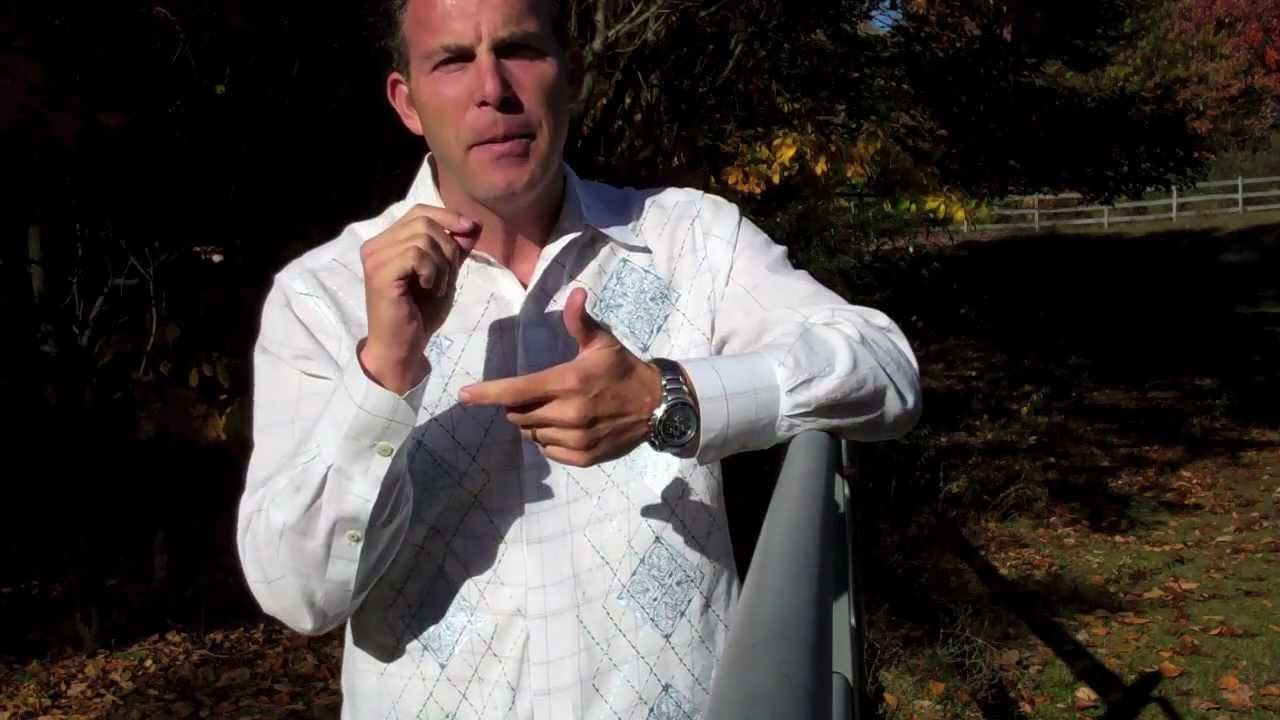
Part 2 How To Survive In The Wild…A Follow Up To Comments
There was such a great response from the last episode covering life threatening emergencies in the wild, Roy decided to record a “Part 2” response that expounds on a couple of the comments.
Are there any medications that may save a heart attack victim’s life in the wild? and, If I’m asthmatic, is there any thing I can do to increase my chances if I’m away from civilization. Be sure to watch this follow up episode to put the pieces together on how to survive in the wild.
So, don’t stop having fun and living life to the fullest, but if you’re going to go out into the wild, make sure you’ve got a game plan for surviving unexpected events.

